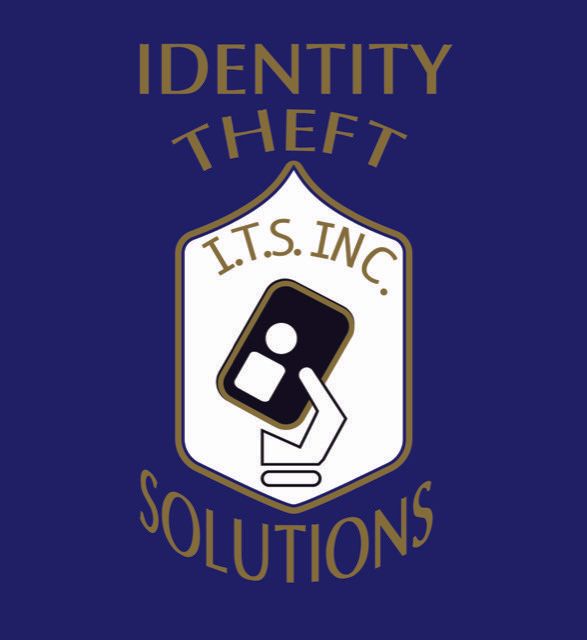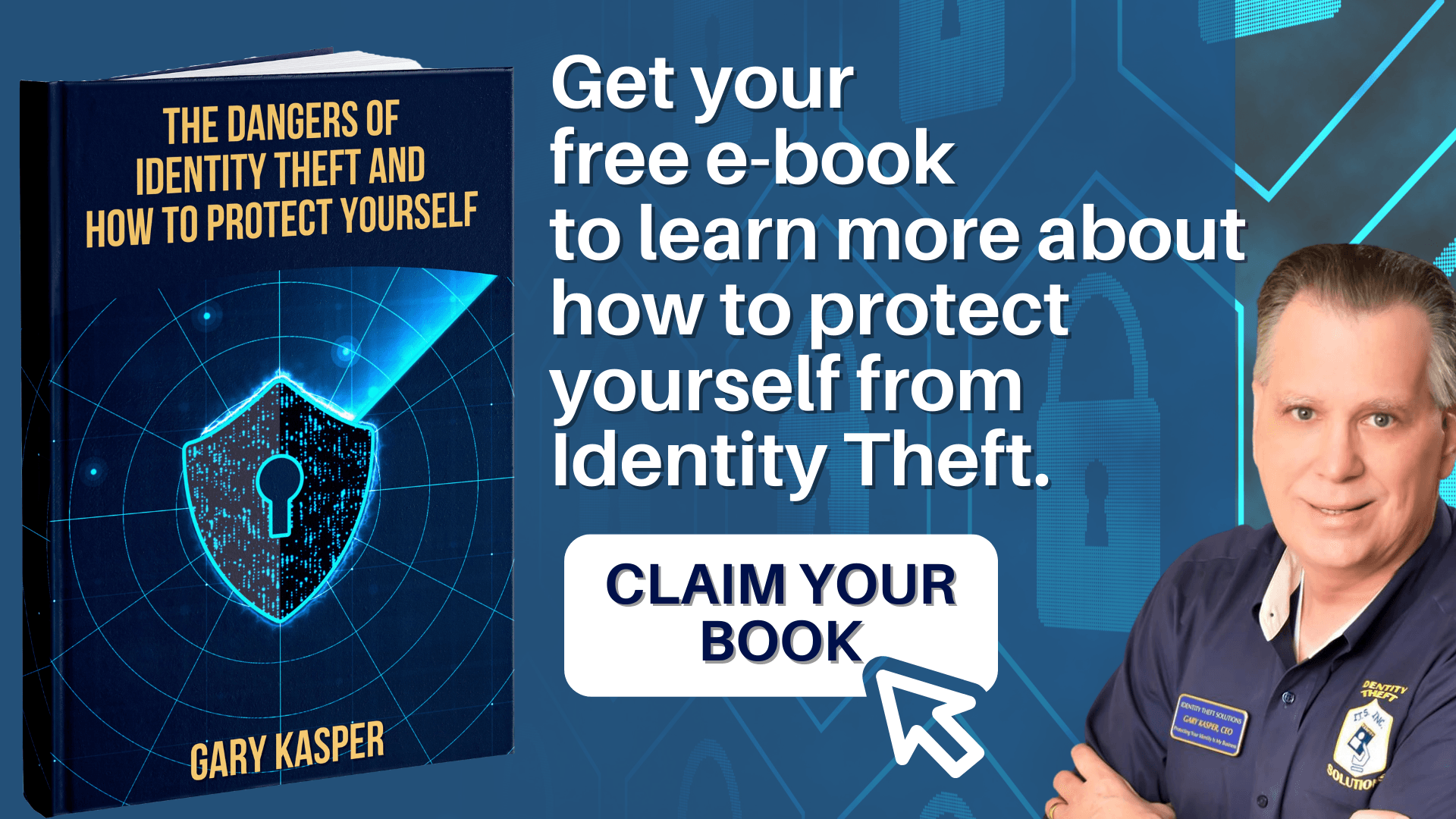EDUCATION ON IDENTITY THEFT
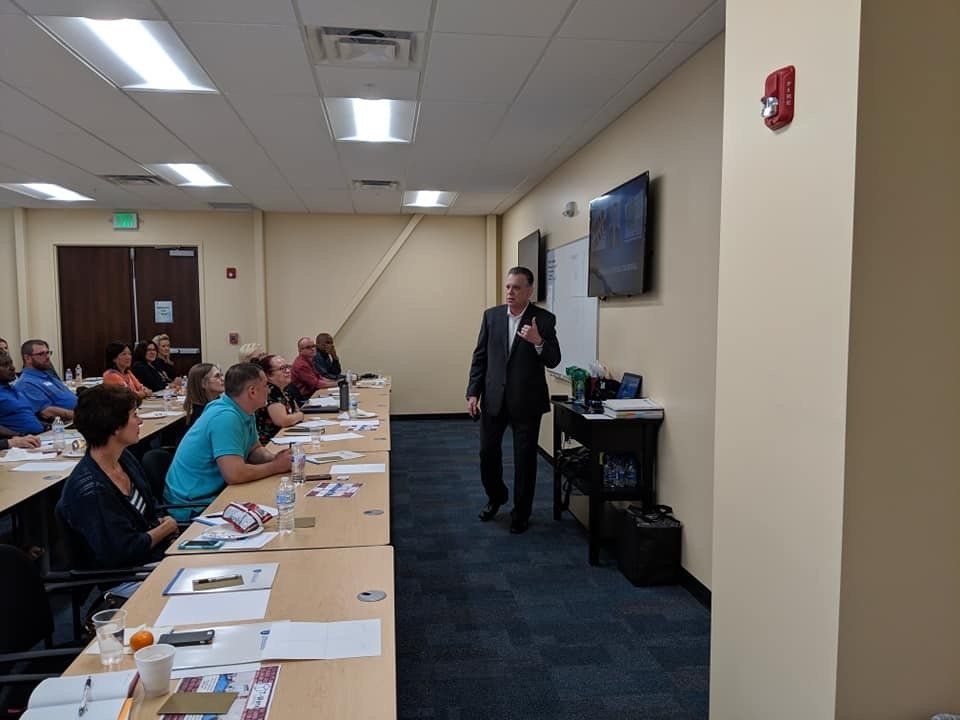
LEARN
Fraud | Identity Theft | Cyber Crime | Ransomware | Antivirus
These words are becoming more and more frequent as time passes. What do these words have in common?
YOUR IDENTITY DATA!
This is your name, address, date of birth, social security number, and credit score, just to name a few.
DID YOU KNOW??
When an indentity thief steals, it isn't money or cash he wants - it's INFORMATION!
THE FACTS:
Identity Theft has become the number one crime in America today.
It’s called "The Silent Crime." Why?
Because you never hear it coming and you do not know about it until it has happened. Past tense.In 2019, over 5243 companies were breached, affecting 7.9 billion people. That was a 54% increase over 2018.
Collectively, Identity Theft crimes generated $225 billion in illegal revenue - which is MORE than drugs, prostitution, and human trafficking COMBINED. It’s not enough anymore to just have an identity theft protection service in place.
You need to understand what Identity Theft is and how these services work to protect you, your family, and your future. Get in touch with the Identity Theft Agent today!

MONITOR
Because of technology, people have the ability to transfer information in small and large quantities at will.
Today, your identity data is required to do everything.
Buying a car, house, and land.
Enroll your kids in school, at the doctor’s office, swim lessons, and on and on.
This makes having access to you and your kids' data much more convenient.
While technology has made it easier to conduct business, the process of protecting your data is still playing catch up.
The front line to any identity theft service is the company’s ability to fully monitor your identity data. Which is your name, address, date of birth, social security number, and credit score.
IDT monitoring services consistently conduct over 22 different searches daily, watching over 69 different pieces of your personal identity data, reviewing 200 million credit files, and 78 billion public records.
It’s the largest monitoring system of any IDT service company.

ALERT
An alert is sent to you via your personal mobile app when:
Your identity data
(name, address, date of birth, social security, and credit score)
OR
an information item attached to your data changes.
(Such as medical or insurance records, tax files, police warrants, employment, emails, social media, mothers maiden name, registered sex offenders move into the neighborhood, or dark web notices).
Alerts are sent in "Real Time."
Real Time is when the alert is sent while the offense is actually happening.
This allows the investigators and authorities to act faster and greatly reduce the restoration time.
You have the opportunity to review the offense and determine if you have knowledge of it or not. Because remember: your activities will alert the system as well as the one’s that aren’t you.
You will also be able to follow your case statues in real time via your mobile app.
Upon reviewing the alert, if you determine the actions were not made by you:
Your next step would be to partner with a licensed investigator who will take your case, conduct the investigation, and do whatever it takes for as long as it takes to fully restore your identity back to the original status.
You can rest easy knowing you have a team of experts handling it for you.
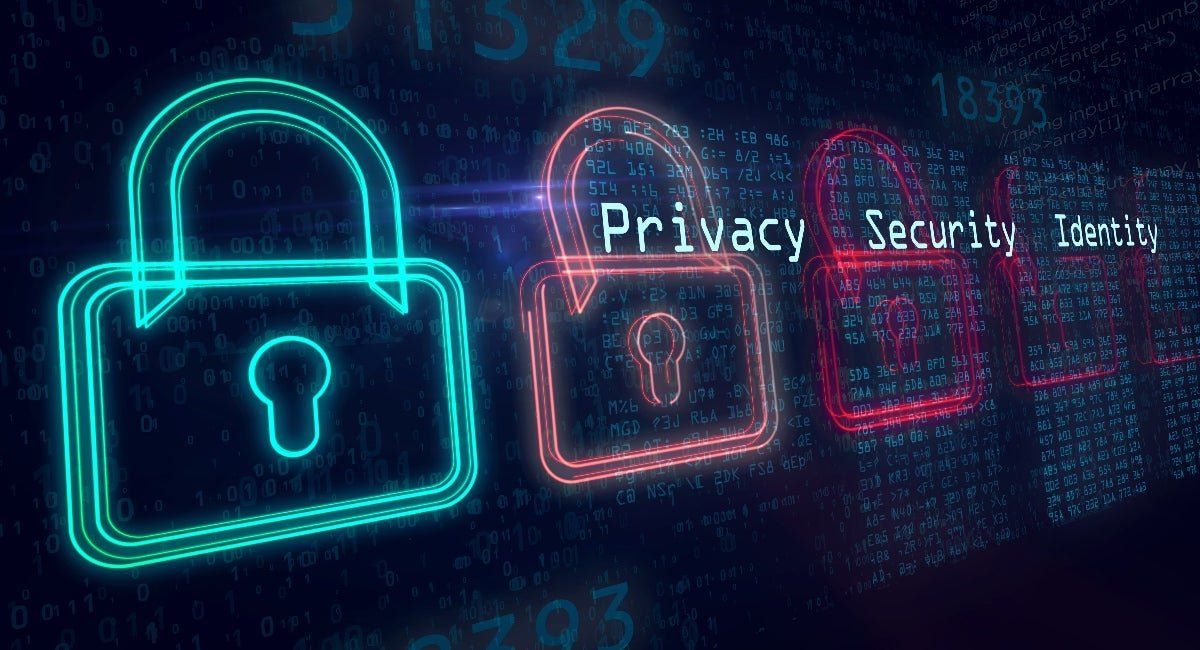
RESTORE
This is where the Rookies are separated from the Pros.
The concept is the company does the all work so you do not have to.
It’s called Full Service Restoration
Which is different from resolution where you conduct most of the work.
FYI, it takes a person on average 6 months and 200 works hours to repair just ONE identity theft incident.
Do the math: you're spending 1.67 hours of your work day attempting to resolve this vicious issue, not to mention the emotional and physical effects this issue has on an individual.
With unlimited access to advisors and investigators, your case is handled as quickly and efficiently as possible.
The investigators will work on the behalf of the client to resolve the issue by working with the appropriate government agencies, financial institutions, credit bureaus, and collection agencies.
You’ll have 24/7 access to the advisors and investigators.
No other company offers this high level of professional service.
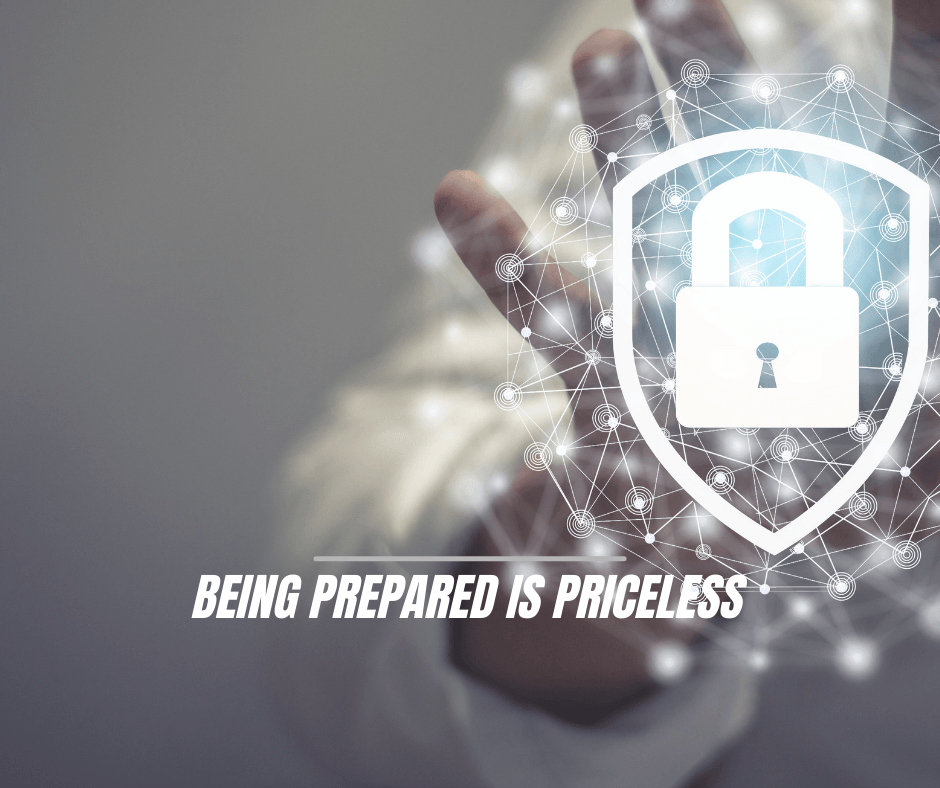
EDUCATION FROM THE BLOG
SPEAKING ENGAGEMENTS
Identity Theft Solutions provides free
consultations to businesses, teams, groups, and organizations. We will send an expert identity theft agent to speak to your team to learn about the risks of identity theft and how to manage them.
| Types of Events | Who Can Use This Service | |
|---|---|---|
| ✓ Zoom Meetings | ✓Business Owners | |
| ✓ Conferences | ✓ HR Directors | |
| ✓ Live Events | ✓ Benefit Insurance Specialists | |
| ✓ Virtual Events | ✓ Speaker Organizers | |
| ✓ Private Team Meetings | ✓ Financial Advisor Companies | |
| ✓ Employee Seminar | ✓ Networking Group Leaders |

EDUCATION FROM THE BLOG

EDUCATION FROM THE BLOG
SPEAKING ENGAGEMENTS
Identity Theft Solutions provides free consultations to businesses, teams, groups, and organizations. We will send an expert identity theft agent to speak to your team to learn about the risks of identity theft and how to manage them.
| Types of Events | Who Can Use This Service | |
|---|---|---|
| ✓ Zoom Meetings | ✓Business Owners | |
| ✓ Conferences | ✓ HR Directors | |
| ✓ Live Events | ✓ Benefit Insurance Specialists | |
| ✓ Virtual Events | ✓ Speaker Organizers | |
| ✓ Private Team Meetings | ✓ Financial Advisor Companies | |
| ✓ Employee Seminar | ✓ Networking Group Leaders |
CONTACT US
Gary Kasper: (559)-283-3417
Yulanda Kasper: (559) 283-2074
USEFUL LINKS
All Rights Reserved | Identity Theft Solutions | Privacy Policy | Website by EGS Marketing Solutions




